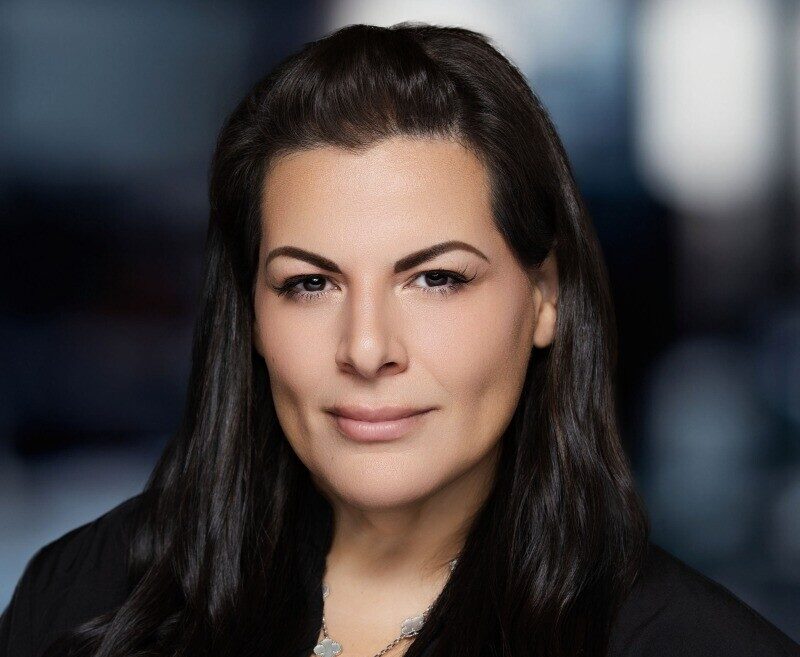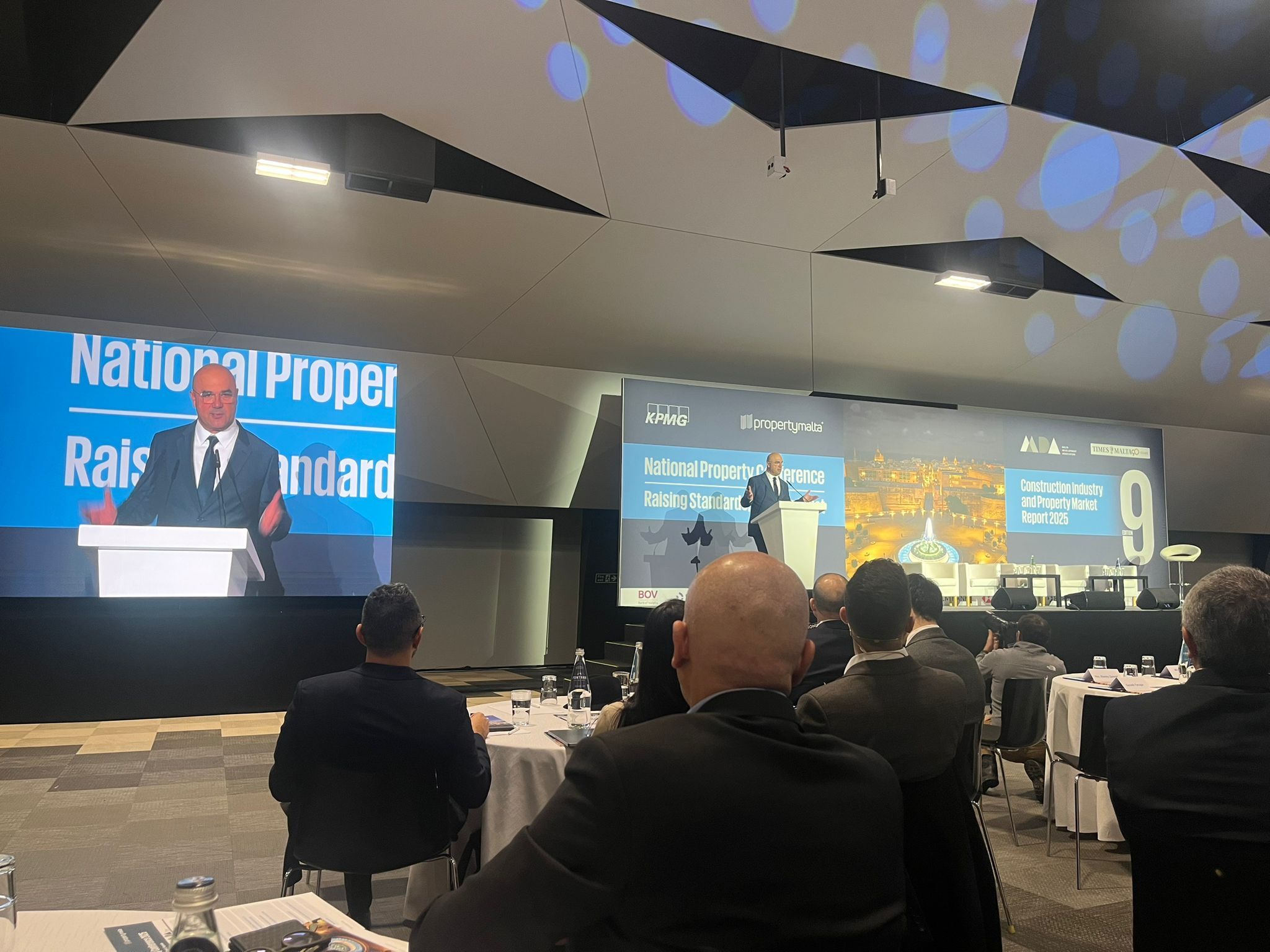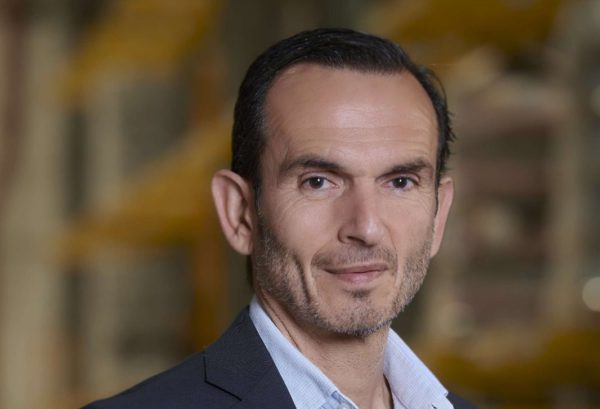The opportunity for Malta based companies to compete globally has never been more within reach. The digital economy has eliminated borders, and companies whether in fintech, iGaming, or tech services can now sell their services across Europe, the UK, the US, and beyond.
But opportunity alone is not enough. To truly play on the global stage, businesses must prove they are trustworthy, secure, and aligned with international rules of the game. This is where compliance transforms into an enabler.
Compliance is no longer a “nice to have”. Without it, regulators can shut you down, and clients may simply prefer to do business with a competitor who demonstrates stronger governance. In many cases, compliance is the difference between being invited to the table or being excluded altogether.
Think of it as moving from the local league to international competition. Locally, you can get by with talent alone. But when you step into European or global markets, credentials matter. Compliance standards and licenses are those credentials, your proof that you are fit to compete at the highest levels.
It’s about growth. Compliance is what allows you to compete for contracts in London, close deals in Berlin and build partnerships in New York. It’s what investors and regulators look for before they place their trust and their money in your business.
Some compliance requirements are simply non-negotiable. PCI DSS, essential for any business handling payment card data, ensures that transactions are processed securely. Without it, brands like Visa, Mastercard, and American Express can shut off your ability to process payments. GDPR is equally critical: data protection in Europe is mandatory, and breaches can result in multimillion-euro fines and reputational damage no company can afford.
Similarly, the EU’s Digital Operational Resilience Act (DORA) and Anti-Money Laundering (AML) regulations impose strict obligations on financial institutions, fintechs, and service providers, with non-compliance risking heavy penalties and even regulatory bans across multiple jurisdictions.
These frameworks are not optional; they form the rules of the marketplace, and ignoring them doesn’t just restrict growth, it can threaten your very survival.
Other standards, while not always legally mandated, serve as powerful enablers of trust and growth. Certifications such as ISO/IEC 27001 and the wider ISO family demonstrate that a business takes security and governance seriously, while SOC 2, particularly valued in the SaaS and cloud services sector in the US, provides assurance around security, availability, confidentiality, and privacy practices.
These frameworks often become the deciding factors when clients select partners. Even if not required by law, they answer the critical question: “Can we trust you with our data, operations, and reputation?”
For many procurement teams, only an independent, internationally recognised credential provides the confidence they need. Without it, a company may never even make the shortlist.
Beyond frameworks and standards, industry-specific licenses unlock new markets. In financial services, for example, obtaining a licence under MiCA (Markets in Crypto-Assets Regulation) or becoming an Electronic Money Institution (EMI) opens direct access to European markets. These licences act as seals of legitimacy, granting businesses the right to operate and expand across borders.
What many leaders underestimate is that compliance is not static. Standards and regulations are evolving faster than ever. ISO 27001 was revised in 2022, requiring businesses to update their information security controls. PCI DSS also evolved with version 4.0, introducing stricter requirements around authentication, encryption, and continuous risk management raising the bar for payment security worldwide. DORA and MiCA are brand-new, reshaping the European regulatory landscape. Tomorrow’s opportunities will demand today’s preparation.
This constant evolution creates both risk and competitive advantage. Companies that only meet the minimum requirement will always be playing catch-up, while those that treat compliance strategically will be the first to win new contracts, secure investor trust, and penetrate new markets.
Kyte Global has seen this transformation time again. As a Malta-based advisory firm with a truly international footprint, it supports businesses locally and across EMEA and the Americas to achieve compliance and leverage it as a strategic advantage.
Whether it’s managing the non-negotiables like PCI DSS, GDPR, DORA, and AML, or securing differentiators such as ISO 27001 and SOC 2, or unlocking market access through MiCA and EMI licensing, Kyte Global helps organisations support their business objectives. Compliance is no longer just about ticking boxes, it’s about opening doors. From Malta to the world.
‘Important milestones’ – David Curmi as KM Malta Airlines ranks 5th worldwide
KM Malta Airlines has been ranked 5th best airline worldwide and 2nd worldwide for On-Time Performance.
Industry leaders call for higher standards at national property conference
'Let’s sit, talk and make sure everyone wins.'
How to turn employee feedback into your greatest strategic asset
Talexio’s Team Voice survey equips Maltese businesses with the data, insights, and early warning signs they need to strengthen culture, ...
Farsons CEO on Vision 2050: ‘We need to feel a sense of ownership – from vision talk to mission mode’
Norman Aquilina gives his take on the Government's longterm vision.









